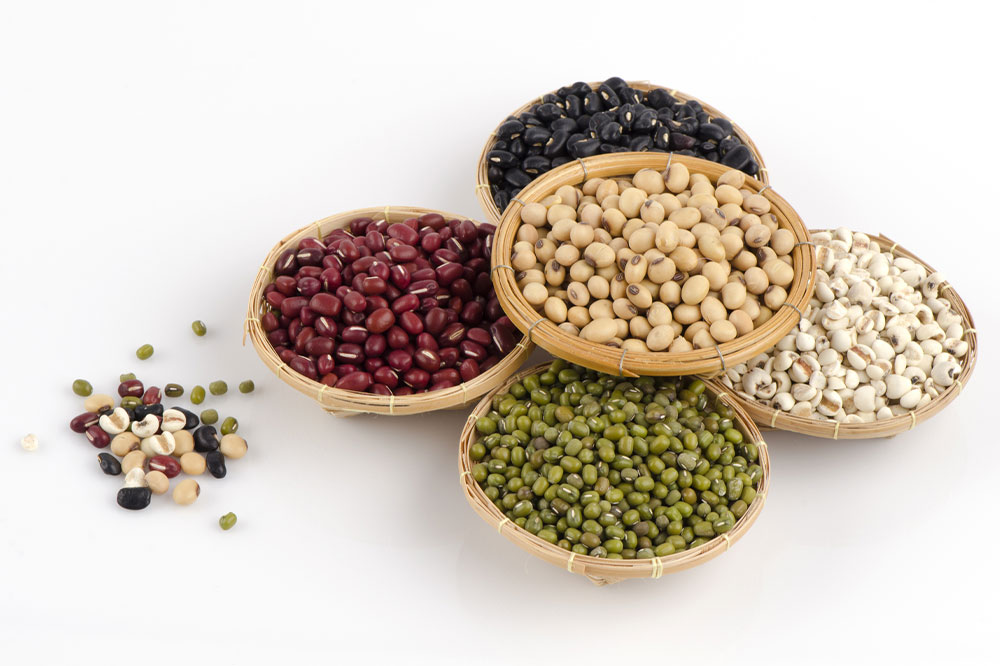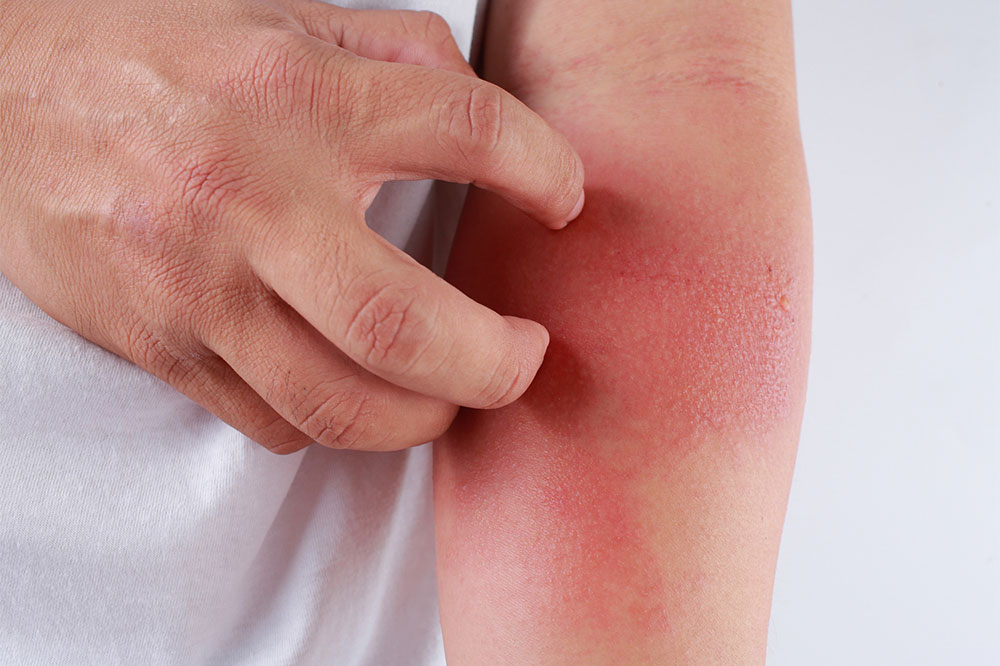5 foods to avoid while dealing with eczema

Eczema, or atopic dermatitis, is an inflammatory skin disorder wherein people may notice tiny patches of redness on the skin and also experience itchiness and dryness. These signs and symptoms can vary between patients and make it difficult to function in day-to-day life. Many elements could trigger eczema flare-ups, but the food is one of the leading causes. Here are five foods that could increase the risk of eczema and, therefore, are best avoided.
Milk and other dairy products
Milk and dairy products are some of the biggest causes of eczema and its flare-ups in children and adults. While this food is best avoided for those who struggle with allergies and skin disorders, removing this food entirely from meal plans is not advised. It is particularly true if the eczema patient is a child. The reason behind it is that dairy contains a lot of essential nutrients and minerals and is a primary source of protein; therefore, avoiding this completely could lead to deficiencies and other issues. Instead, it is recommended to reserve complete elimination and avoidance of this food if the person has severe eczema. Therefore, before removing milk or other dairy products from meal plans, it is best to consult a healthcare professional regarding healthy alternatives.
Eggs
Eggs are excellent food, no doubt. They contain proteins, vitamins, and essential nutrients that help the body stay strong and healthy. But, again, like milk, these foods could also trigger eczema flare-ups or increase the chances of developing this condition. This is because the body’s immune system mistakenly assumes that certain proteins in the egg are harmful bacteria or viruses. The antibodies recognize them and increase the production of histamines and other chemicals, which lead to allergies and allergic reactions. The body typically tackles these allergens by causing inflammation. With eczema, this overreaction affects the skin and leads to itchiness, dryness, redness, and much more. Therefore, people need to be very vigilant with eggs as they are also a common ingredient in many other foods, such as bread and baked items.
Gluten
Gluten is another common allergen that is believed to trigger eczema in both young and older individuals. Eczema could result from sudden trauma, environmental change, stress, and hormonal changes during pregnancy. Again, much like milk and egg allergies, this is caused by the body’s overreaction to the protein known as gluten in the food. The problem here, though, is that it often becomes difficult to avoid gluten foods because it is often a part of many items, including soups, sauces, candies, and more. So, if you feel that gluten is causing eczema flare-ups or are prone to developing this condition, you can switch to gluten-free foods. You can check for this in the ingredients section on the label of packaged foods before you make a purchase.
Fish
Certain types of fish can help fight allergies and reduce the overall inflammation in the body. It includes fish that contain high amounts of omega-3 fatty acids, such as salmon, herring, sardines, tuna, and more, that reduce inflammation. However, while some of these are healthy options, other fish can do more harm than good. In fact, certain fishes such as shellfish, squids, prawns, crayfish, and more are some of the most common causes of allergies in adults and children. While the symptoms and the severity of the allergies can vary from person to person, it is necessary to be cautious with foods like these. One could try to see which food works for them or doesn’t. Maintaining a food diary can prove to be of immense help in such situations.
Canned foods
Canned foods make for easy meals. But, these should be avoided, especially if someone is prone to allergies and developing or already has eczema. It is because canned foods contain many additives, flavorings, preservatives, and nickel that have been directly linked with eczema flares. Eating canned foods can also worsen any pre-existing symptoms and increase the severity of the condition. These allergens are commonly found in many packaged and canned foods such as legumes, rye, chocolates, and even cocoa.




